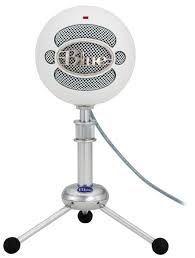A large portion of my life has been spent missing out on little things – normal things that happen to most ‘normal’ people. For example: I had never celebrated Halloween until I was an adult. Sure, my family let us go to ‘The Harvest Festival’ at church, which was pretty much the same thing – but I’d never been trick-or-treating. In kindergarten, I took it upon myself to tell all the other kids that Santa Clause wasn’t real and their parents were all liars. Needless to say, my parents got a call that day.
Fast forward to my college years, and would you believe me if I told you I got all the way to my senior capstone seminar without ever having written a paper over 5 pages? Well, it’s true. It’s unfortunate and true.
And yesterday, one of my closest friends said the following to me: “How have you never extracted a file before? How is that even humanly possible?”
The truth is that I have never had to extract a file before. I have (probably too many) guy friends that are somehow involved with the computing profession and who have always just done everything for me. So on Monday, when I went to download Adobe CS6 onto my personal computer (which I lovingly refer to my PCcomputer [yes I do that on purpose]), I had no idea it would take several hours. Zero of the ideas. I thought something was wrong. I thought I had done it all wrong and everything was broken and it was all over.
As it turns out – my experience was totally normal. Everything uploaded, installed, and extracted just fine. And now I have CS6 on my computer. Next step – learn the differences between Adobe on PC vs. Mac. Another little thing I am just now figuring out. I am not an Apple user. And all the lab equipment in my current lab is Apple. Lo!
You see – it’s the little things I’ve missed out on as I’ve begun my journey into tech. And I know I’m going to have more than a few struggles with very simple concepts, and that’s okay. I’m rather advanced in other areas, despite missing out on the starter activities. It makes me unique. And I’m okay with this.

